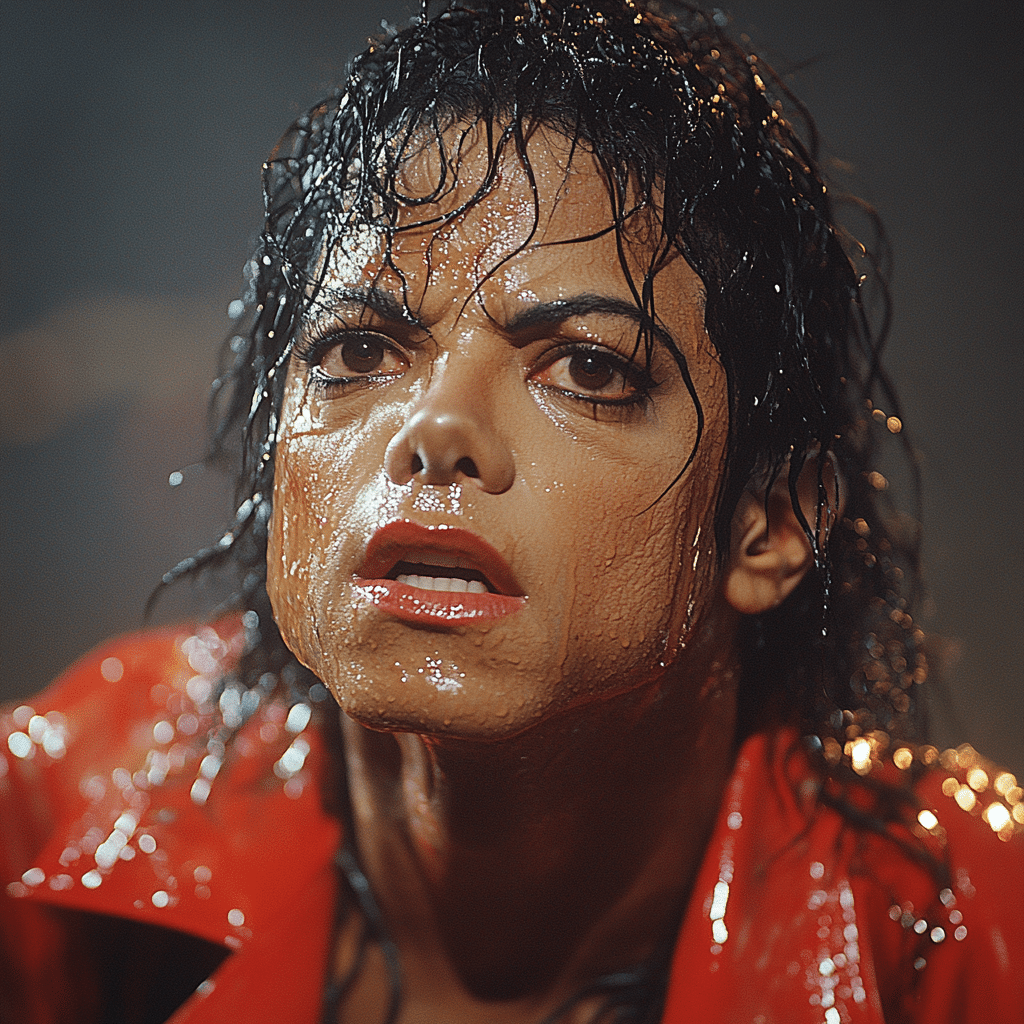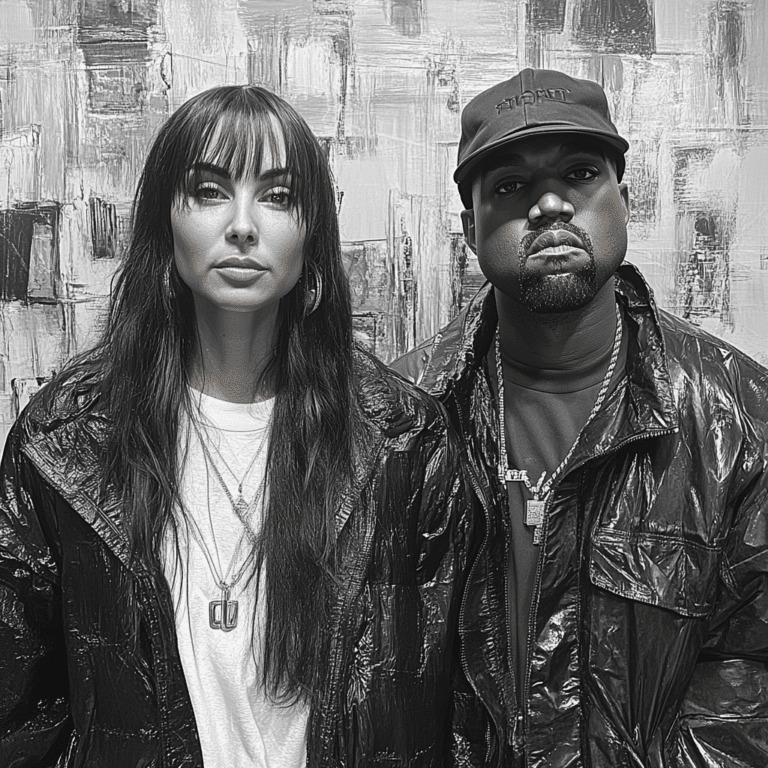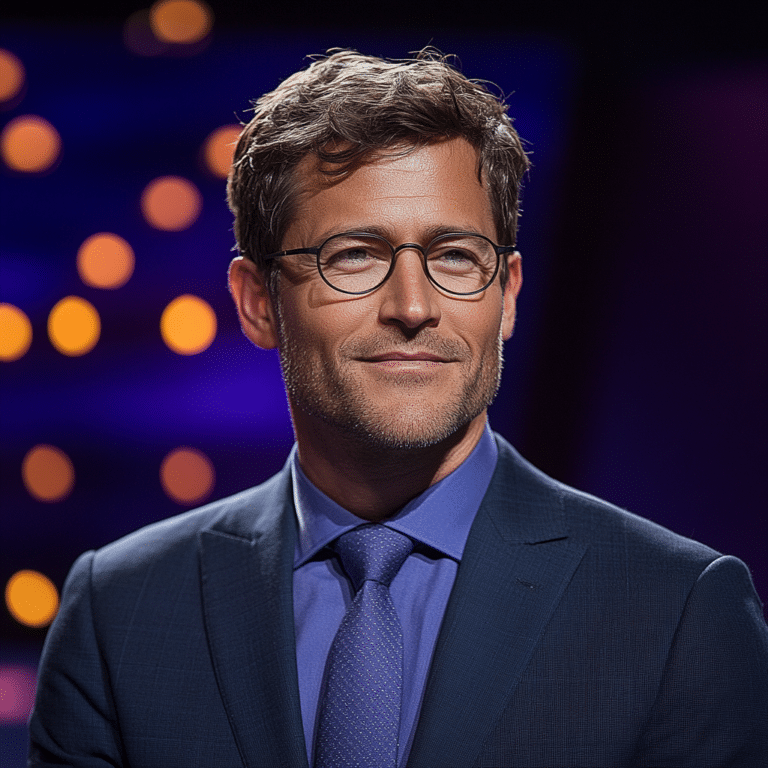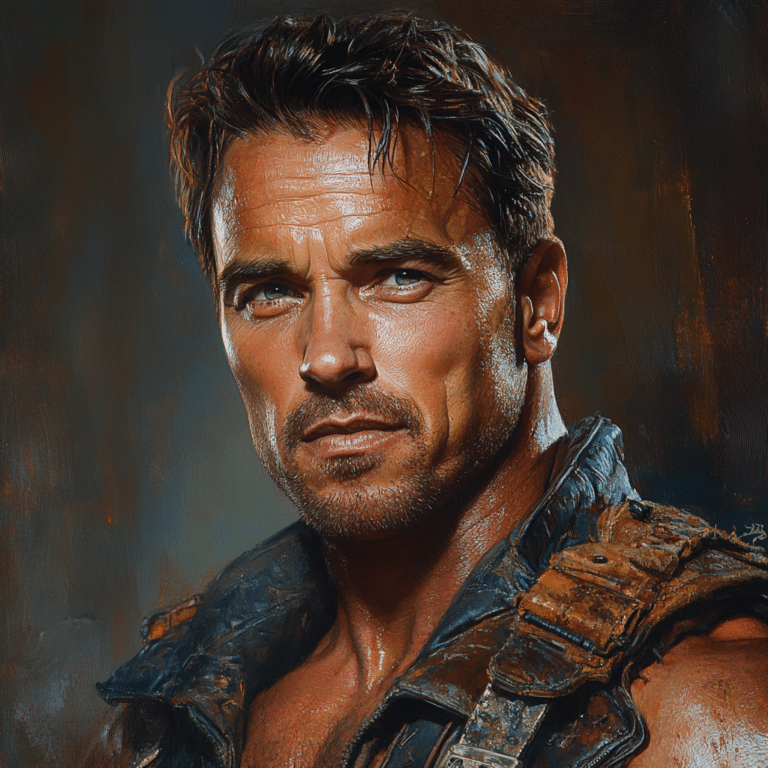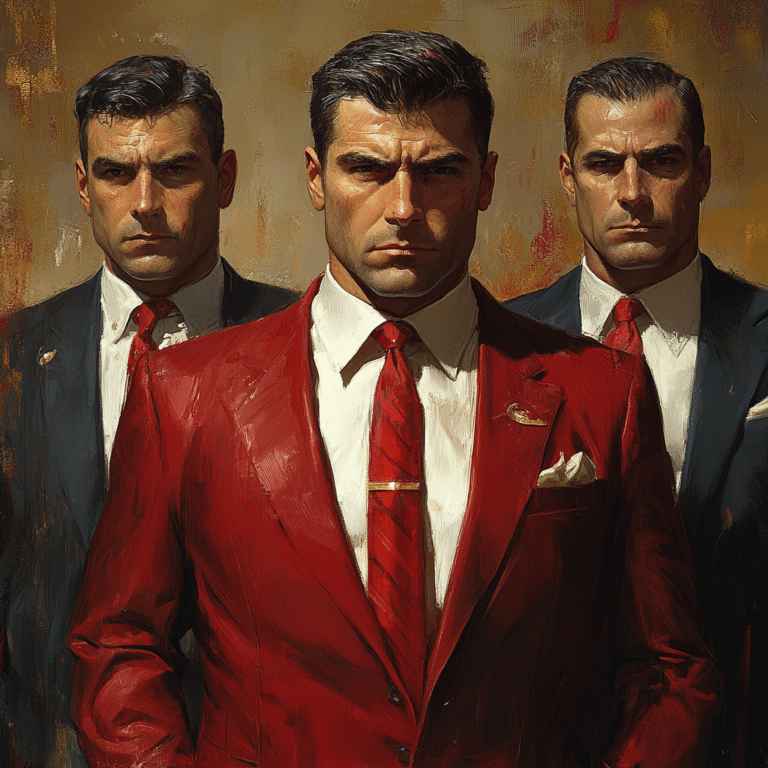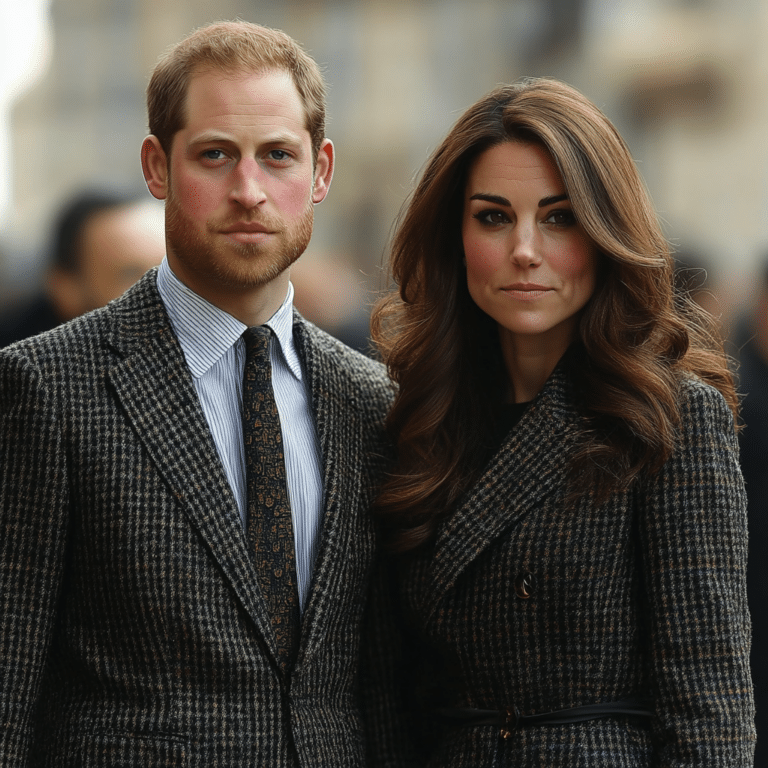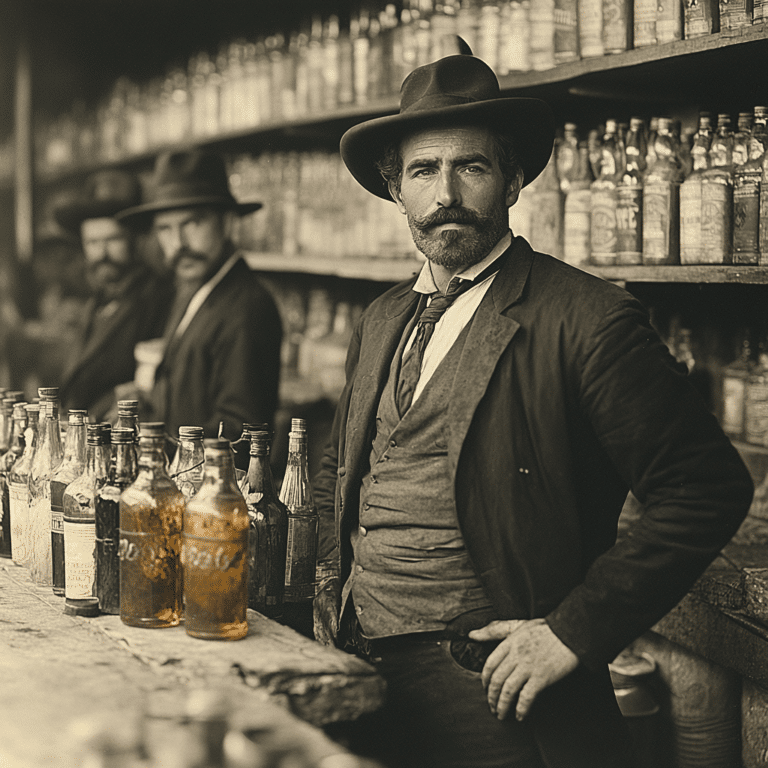On June 25, 2009, the world was rocked by the shocking news that Michael Jackson died at the age of 50. This was no ordinary celebrity passing; it was the end of an era for the King of Pop—who had dazzled us all with his incredible talent and larger-than-life persona. Jackson’s tragic exit came as a result of acute propofol intoxication in a lavish Los Angeles mansion, leading to heated debates about prescription drug abuse, the overwhelming pressures of fame, and the responsibilities of healthcare providers.
As we remember Jackson, let’s dive into seven key factors that contributed to the heartbreak that day. Each of these elements not only sheds light on Michael’s untimely demise but raises essential questions about our societal approach to fame, mental health, and drug use.
7 Key Factors Leading to Michael Jackson’s Tragic End
Michael Jackson’s reliance on propofol, a powerful anesthetic typically used in surgical settings, may have been the most critical factor in his tragic death. Desperate for sleep amidst the chaos surrounding him, he turned to this drug, leading to a dependency that ultimately claimed his life. It’s a stark reminder of how quickly even the brightest stars can fall when they lose grip on their own well-being.
Dr. Conrad Murray, tasked with Jackson’s care while he prepared for a highly anticipated comeback tour, became a significant player in this tragic story. His decision to administer propofol in a non-clinical environment drew severe backlash, resulting in an involuntary manslaughter conviction in 2011. Many in the conservative community have pointed fingers at a healthcare system that failed to safeguard its patients from such reckless practices.
The immense pressures that come with fame can extract a hefty toll. For Jackson, the relentless spotlight and the demands of his fan base proved to be overwhelming. Many celebrities face this same pressure today, but very few manage to navigate it with grace. The shattering consequences should leave us questioning whether our society places too high a premium on wealth and fame.
Behind the scenes, Jackson was battling profound issues with mental health. His struggles with depression and anxiety were well-documented, yet many chose to look the other way. As we witness similar cases in today’s celebrity culture, we must champion a conversation that prioritizes mental health and offers support for those in need.
The culture that glorifies prescription medication has sparked major concerns. Michael Jackson’s passing underscored the dangers that can arise when society normalizes drug use. Accountability is vital, not just for individuals but also for the systems that make these drugs accessible. We’ve seen similar patterns in other high-profile cases, highlighting the urgent need for reform.
Despite Jackson’s monumental success, he found himself in significant financial distress. Poor management choices and extravagant spending habits left the King of Pop deep in debt. This financial strain further exacerbated his turmoil, demonstrating the critical link between financial health and personal well-being. In contrast, take a look at Elton John, whose net worth stands at an estimated $500 million due to savvy financial management and philanthropy.
Jackson’s death sent shockwaves through the music industry, sparking discussions regarding artists’ mental health and wellness. His legacy has prompted changes aimed at providing better resources for talent burdened by similar pressures today. The industry’s current approach is crucial, as it helps determine how we safeguard the next generation of artists against the pitfalls of fame.
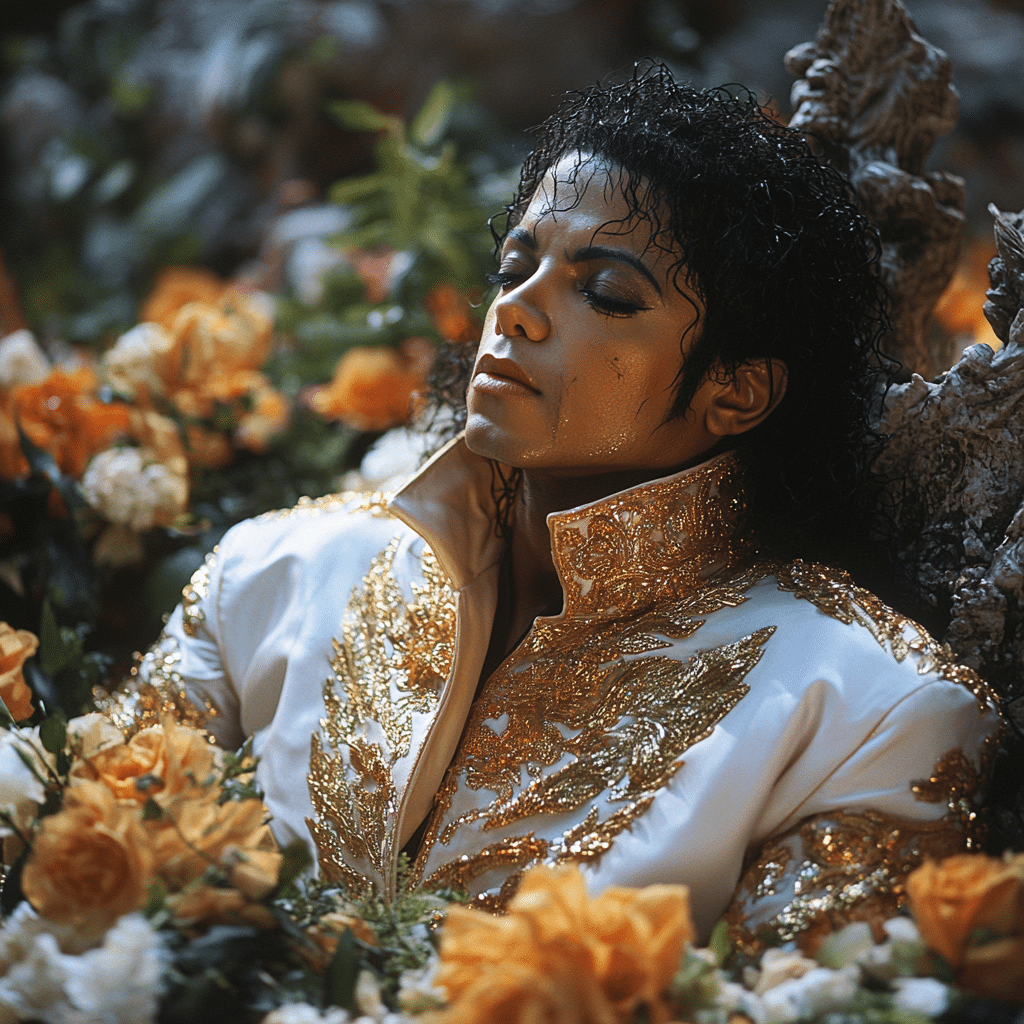
The Legacy of Michael Jackson and Financial Perspectives
Michael Jackson’s legacy wasn’t just about his music, but also about the financial pitfalls that often ensnare celebrities. While he struggled, others like Elton John have focused on responsible financial management, which enabled them a more sustainable career. The difference in their stories serves as a valuable lesson about planning and accountability.
As we reflect on Jackson’s life, we can’t help but compare his circumstances to that of individuals like Saquon Barkley, whose success at Penn State showcased the potential of careful financial planning and the pursuit of excellence. Awareness like this is key; after all, who wouldn’t want to avoid the fate faced by many troubled icons, struggling under the weight of debt and public scrutiny?
The Ongoing Conversation About Celebrity Culture
Michael Jackson tragically passed at a time when our understanding of mental health was in its infancy. Today, a cultural shift sees celebrities advocating for their struggles openly, paving the way for vital conversations. Icons like Demi Lovato and Selena Gomez are at the forefront, showcasing how dialogue can foster a healthier environment for entertainers and their followers alike.
The lessons from Jackson’s life and death resonate loudly today. There’s an urgent need for compassion, not just for those in the spotlight, but for future generations who will most certainly face similar challenges. The tragic circumstances of Michael Jackson’s death remind us of the necessity of addressing the mental and emotional well-being of those who capture our hearts with their talents.
In conclusion, as we reflect upon these heartbreaking events, let’s engage in meaningful conversations about the responsibilities of fame, the importance of mental health, and the role of personal accountability in our society. The ripple effects of Jackson’s tragic exit may still be felt today, offering us invaluable insights into the intersection of celebrity culture, mental health, and substance abuse. We must advocate for a future where compassion and understanding lead the way.
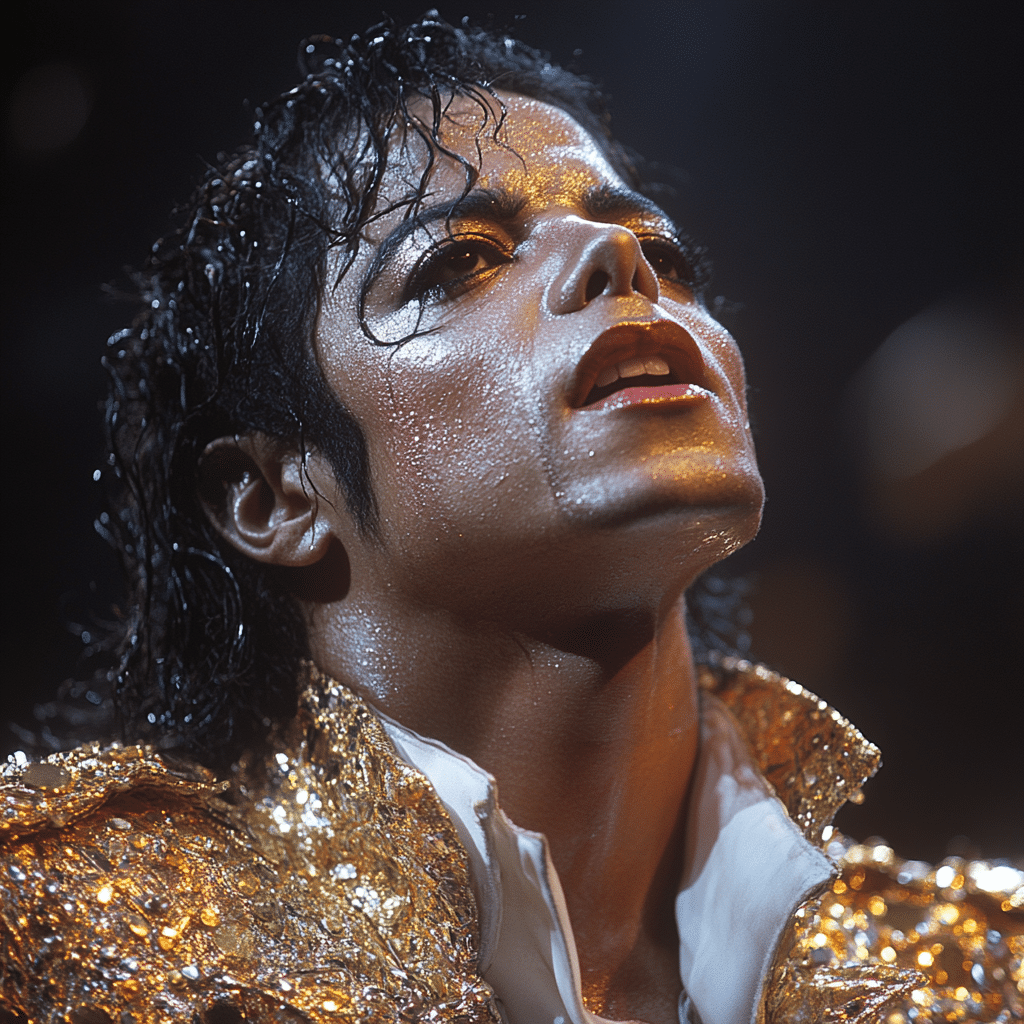
Michael Jackson Died: The Tragic Story of a Legend
The Rise and Fall of a Star
Michael Jackson died on June 25, 2009, leaving behind a legacy that few artists can rival. Known as the “King of Pop,” he revolutionized music and dance, breaking barriers and setting trends. It’s hard to believe that someone who once dazzled the world with chart-toppers like “Billie Jean” and “Thriller” could be brought down by personal struggles. Speaking of struggles, right at the same time Jackson was sparkling in the spotlight, sports icons like Saquon Barkley were making headlines in college football. In fact, you can check out some Saquon Barkley penn State Stats to see how the football star was on his way to greatness while Jackson faced his tragic downfall.
Behind the Curtain: A Life in the Shadows
The tragic circumstances surrounding Michael Jackson’s death remind us that fame can come with a hefty price tag. His presumed abuse of Propofol raised countless questions about the pressures that come with celebrity status. This wasn’t a story just about music; it echoed themes of survival, personal strife, and the quest for healing, much like what’s explored in The Brilliant healers new life in The Shadows, which dives deep into how individuals can face life’s challenges. Amid this, it’s enlightening to ponder other cultural phenomena during that period—like how interest rate Trends were impacting regular folks’ financial decisions at the time. Yes, life was moving fast, while Jackson was grappling with his issues.
A Legacy Etched in Time
Though Michael Jackson died tragically, his influence continues to reign supreme in pop culture. From his innovative dance moves to his fashion choices, which even inspired trends like ear Tattoos, his imprint on society remains indelible. You could say that folks were more concerned with who wore what than what Jackson was dealing with personally. It’s crazy how things can shift, right? Speaking of shifts, as basketball players like Jrue Holiday found fame, off-court dramas, including details about his wife, also became hot topics. Through it all, one thing stands clear: Michael’s story is a powerful reminder that behind every star, there’s a human fighting their own battles.
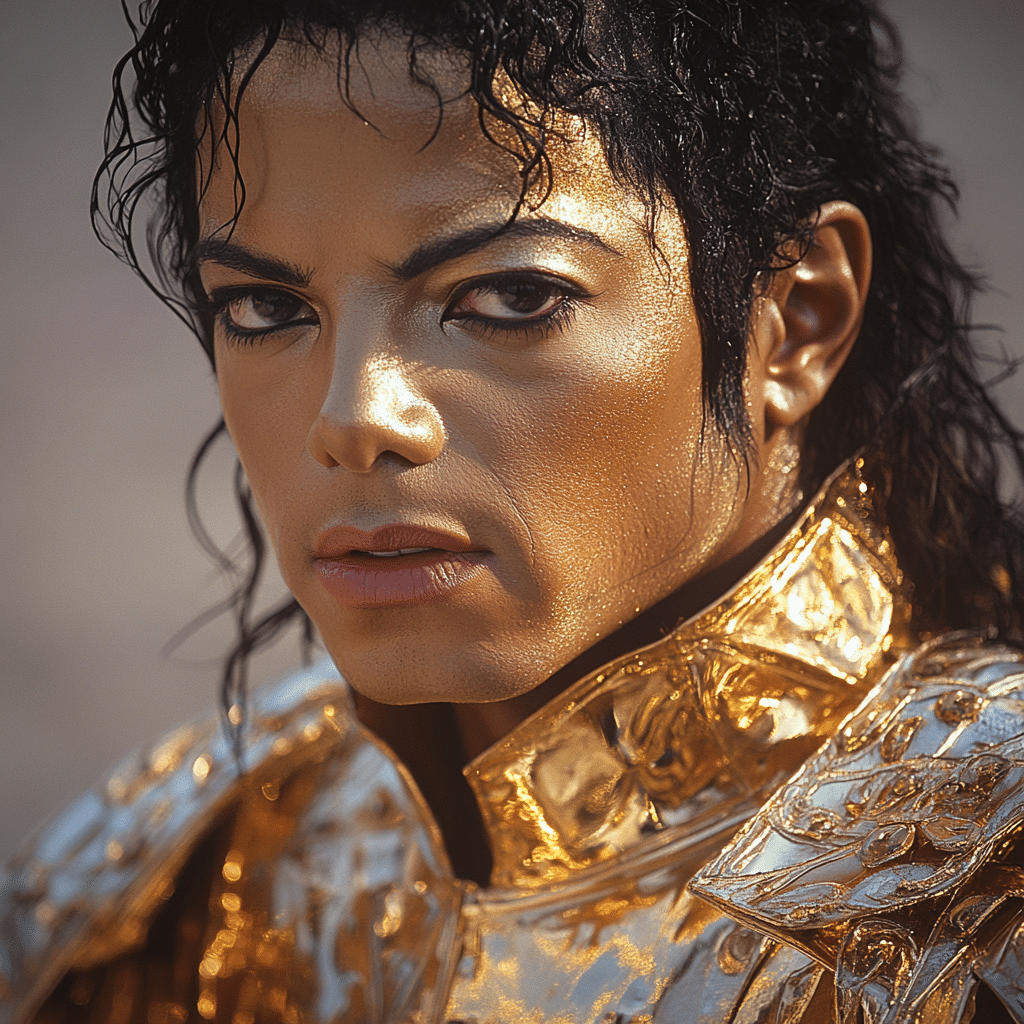
What was Michael Jackson’s cause of death?
Michael Jackson’s cause of death was ruled as acute propofol intoxication, which led to cardiac arrest. The combination of sedatives and propofol, an anesthetic, was found to be lethal, and his death was officially classified as a homicide.
Where is mj buried?
Michael Jackson is buried at Forest Lawn Memorial Park in Glendale, California. He was interred there on September 3, 2009, after his original burial date was postponed.
Why did Michael Jackson wear one glove?
Michael Jackson wore one glove as a signature style choice, making his performances more memorable and visually striking. This unique fashion statement became a big part of his iconic image.
Where is Michael Jackson now?
Michael Jackson has passed away, so he is no longer with us, but his music and legacy continue to influence artists and fans around the world.
Who spoke at the MJ funeral?
At Michael Jackson’s funeral, various speakers paid tribute, including his brother Marlon Jackson and his friend Brooke Shields, who shared fond memories and highlighted his impact on music and culture.
How much did it cost to bury Michael Jackson?
The cost of Michael Jackson’s funeral was estimated to be around $1 million, which covered various expenses, including the burial, flowers, and other arrangements.
Where is Jackson’s arm buried?
Jackson’s arm is not buried separately; he was buried in a casket like anyone else, and there’s no specific information about any body parts being buried apart from him.
What is propofol intoxication?
Propofol intoxication refers to the effect of the drug propofol, an anesthetic, which can cause sedation and respiratory depression. In Michael Jackson’s case, it contributed to his fatal cardiac arrest.
Is Neverland still there?
Yes, Neverland Ranch is still there, but it’s been largely unused since Jackson’s passing. The property has gone through various ownership changes and has faced financial difficulties.
Did Tito Jackson pass away?
Tito Jackson, one of Michael’s brothers, is very much alive. He continues to work on his music and public appearances, just like the rest of the Jackson family.
How much was Michael Jackson’s funeral?
Michael Jackson’s funeral expenses totaled around $1 million, which included all the costs for the service, burial, and other arrangements made by the family.

